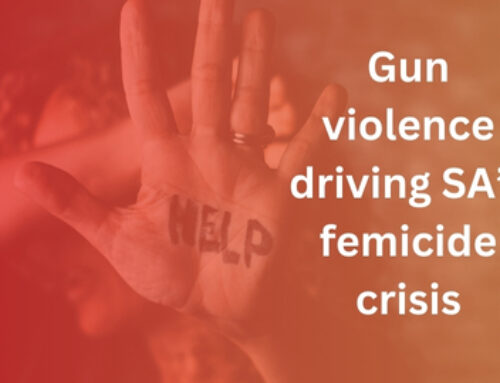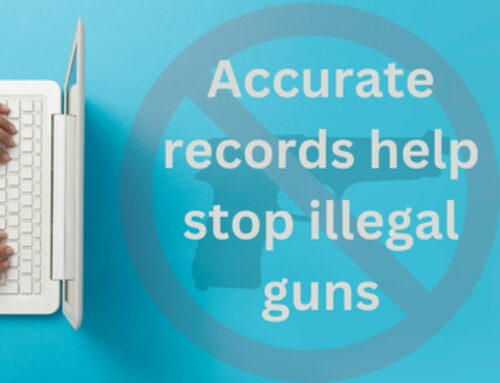Briefing 3 responds to a 1 March cabinet briefing at which the Minister of Police announced his intention to declare a six-month national firearms amnesty under the Firearms Control Act (FCA). His announcement follows a groundswell of calls for action (including appeals for an amnesty) to stop rising levels of gun violence in South Africa dating from October 2014 when Senzo Meyiwa, the national football team captain, was shot and killed. Drawing on lessons learned from South Africa’s own experience of holding amnesties as well as the experience of other countries, Briefing 3 identifies ten factors that contribute to the success of firearms amnesties and explains why they are important to ensure that the 2017 amnesty has the best chance at contributing to safety in communities by successfully removing guns; the ten factors for a successful gun amnesty are:
- Conditions of an amnesty – no questions asked/blanket amnesty;
- Location of hand-in points – neutral venues;
- Disable the weapon at point of hand-in – crush the weapon;
- Civilian oversight – develop partnerships with civil society organisations;
- Compensation & incentives – encourage people to hand in their guns;
- Public destruction – ensure all guns handed in are destroyed;
- Timing – align with other initiatives;
- Duration – not shorter than 6 months;
- Strong internal organisation, planning and capacity – on the part of the lead agency i.e. SAPS; and
- Good communications & public awareness raising programmes – this includes using a variety of media & communications strategy to reach a wide variety of audiences.





